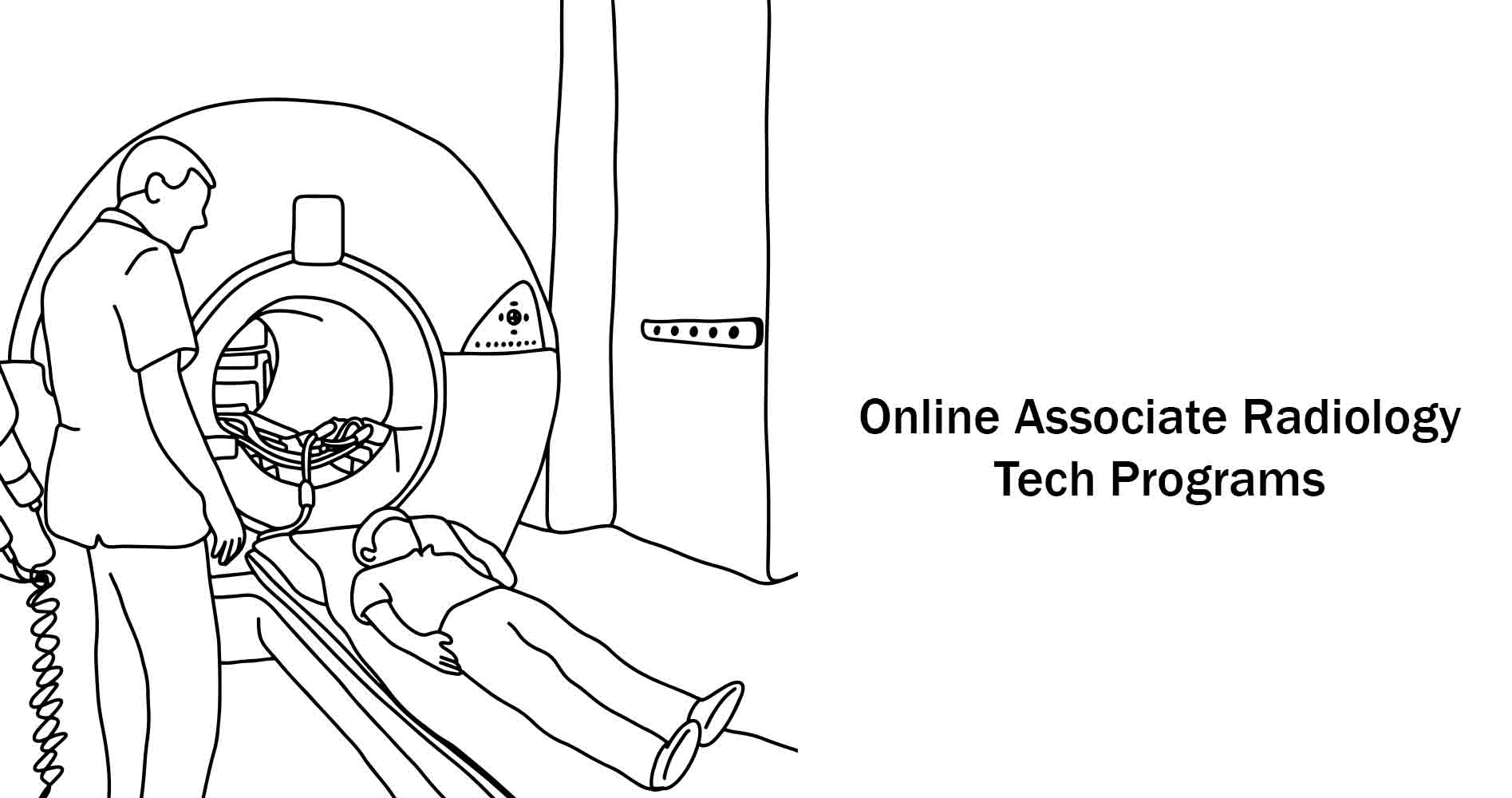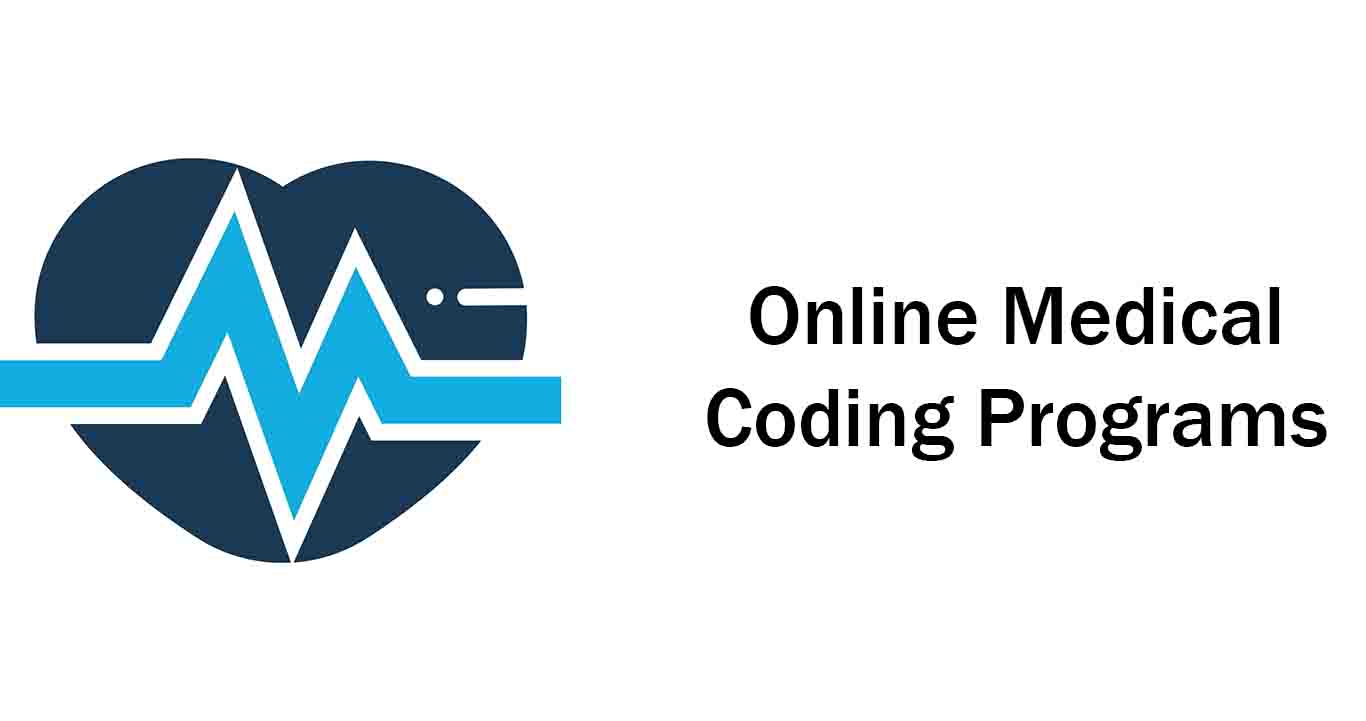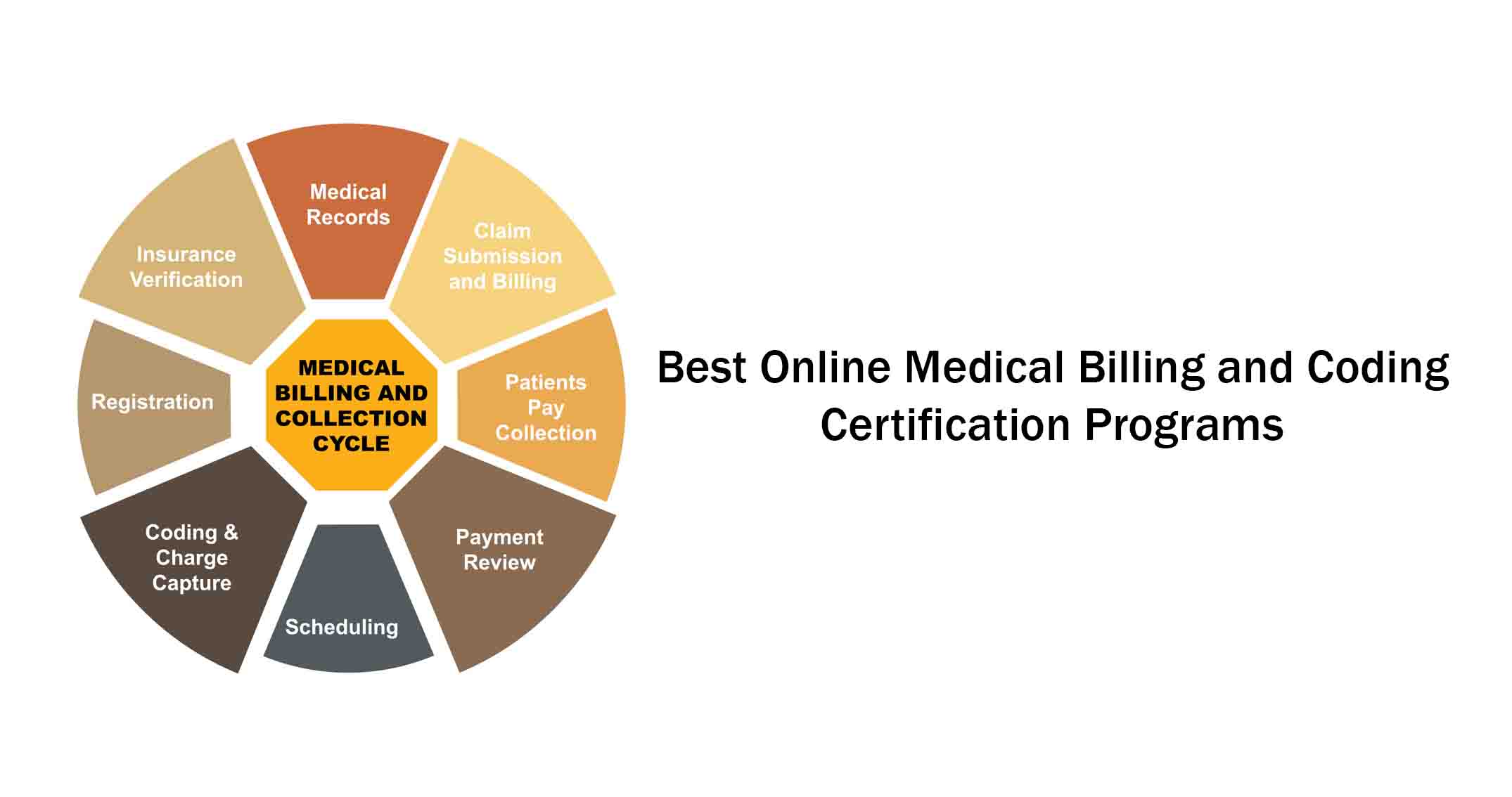Online Associate Radiology Tech Programs in USA 2023

Best Online Schools for Associates in Radiologic Technology
Here are some of the best online schools for associates in radiologic technology:
Central Texas College: Offers an online Associate of Applied Science in Radiologic Technology program with hands-on training at a local clinical site.
Concorde Career College: Offers an online Associate of Applied Science in Radiologic Technology program with hands-on training at a local clinical site.
Herzing University: Offers an online Associate of Science in Radiologic Technology program with flexible scheduling and personalized support.
Keiser University: Offers an online Associate of Science in Radiologic Technology program with online classes and clinical experience at a local healthcare facility.
Penn Foster College: Offers an online Associate Degree in Radiologic Technology program with self-paced study and personalized support.
Rasmussen College: Offers an online Associate of Applied Science in Radiologic Technology program with hands-on training at a local clinical site.
South University: Offers an online Associate of Science in Radiologic Technology program with flexible scheduling and personalized support.
West Coast University: Offers an online Associate of Science in Radiologic Technology program with online classes and hands-on training at a local healthcare facility.
These schools are known for their quality education and experienced faculty, who provide personalized support and hands-on training opportunities. The programs are accredited by the Joint Review Committee on Education in Radiologic Technology (JRCERT), ensuring that students receive a comprehensive education in radiologic technology.
It is important to research and compare the specific features, costs, and accreditation status of each program before making a decision. This will help students find the best online school for their associate degree in radiologic technology.
Things to Consider About Online Associate Radiology Tech Programs
Here are some things to consider when choosing an online associate radiology tech program in the USA:
1. Accreditation: Ensure that the program is accredited by the Joint Review Committee on Education in Radiologic Technology (JRCERT), which is the leading accrediting body for radiology tech programs in the US.
2. Hands-On Training: Look for a program that includes hands-on training at a local clinical site, as practical experience is essential for a career in radiologic technology.
3. Online Course Delivery: Consider the online course delivery and ensure that the program provides a flexible and interactive learning experience.
4. Clinical Affiliations: Check if the program has clinical affiliations with local healthcare facilities, as this will provide students with practical experience and exposure to different imaging modalities.
5. Course Content: Make sure that the program covers a comprehensive curriculum in radiologic technology, including anatomy, imaging procedures, patient care, and radiation protection.
6. Faculty Support: Look for a program that provides personalized support from experienced faculty members, who can guide and mentor students throughout their education.
7. Graduation and Career Outcomes: Consider the graduation and career outcomes of the program, such as job placement rates and alumni feedback.
8. Cost and Financial Aid: Compare the tuition fees and financial aid options available for the program, to ensure that it fits within the budget.
By considering these factors, students can choose an online associate radiology tech program that meets their educational and career goals.
Costs of Online Associate Radiology Tech Programs in USA
The cost of online associate radiology tech programs in the USA can vary depending on the specific program and university. On average, the tuition fees for an online associate radiology tech program can range from $10,000 to $30,000, depending on the institution.
In addition to tuition fees, students may also have to pay additional fees for books, supplies, clinical expenses, and online course materials. It is important to check the cost breakdown and any additional fees with the university before enrolling in the program.
Financial aid, scholarships, and grants are available to help cover the costs of the program. Students can fill out the Free Application for Federal Student Aid (FAFSA) to apply for federal financial aid, or look for private scholarships and grants specific to the field of radiologic technology.
It is also possible to find online associate radiology tech programs that offer affordable tuition fees and flexible payment plans to help students finance their education. It is essential to research and compares the costs and financial aid options before choosing an online associate radiology tech program.
What Radiology Associate Degrees are Available Online?
There are several different radiology associate degrees available online, including:
1. Associate of Applied Science in Radiologic Technology: This program focuses on the practical and technical aspects of radiologic technology, including patient care, imaging procedures, and radiation protection.
2. Associate of Science in Radiologic Technology: This program focuses on the academic and scientific foundations of radiologic technology, including anatomy, pathology, and imaging physics.
3. Associate of Applied Science in Medical Radiography: This program focuses on the use of imaging procedures, such as X-rays, to diagnose and treat medical conditions.
4. Associate of Science in Medical Imaging Technology: This program focuses on the various imaging modalities used in healthcare, including computed tomography (CT), magnetic resonance imaging (MRI), and nuclear medicine.
5. Associate of Applied Science in Diagnostic Medical Sonography: This program focuses on the use of ultrasound technology to produce images of internal organs and tissues.
6. Associate of Science in Radiology Technology: This program provides a comprehensive education in radiologic technology, including patient care, imaging procedures, and radiation protection.
These associate degrees in radiology provide students with the knowledge and skills needed to become radiologic technologists and are typically completed in two years. Online programs offer the flexibility and convenience of studying from anywhere, with self-paced study and online classes.
It is important to research and compares the specific curriculum, accreditation, and clinical experiences offered by each program, to ensure that it meets the student’s educational and career goals.
Career Opportunities
With an associate’s degree in radiology, you can pursue a variety of careers in the field of medical imaging, including:
Radiologic Technologist: Performs imaging procedures and operates equipment to produce diagnostic images.
Radiology Assistant: Helps radiologists with patient care and various procedures, including assisting with biopsies and other invasive procedures.
Radiology Equipment Maintenance Technician: Maintains and repairs medical imaging equipment, including X-ray machines and MRI scanners.
Medical Dosimetrist: Plans and calculates radiation doses for medical procedures, ensuring patient safety.
Radiology Administrator: Manages the day-to-day operations of a radiology department, including budgeting and scheduling.
Note: Some of these positions may require additional certifications and/or licensure.









